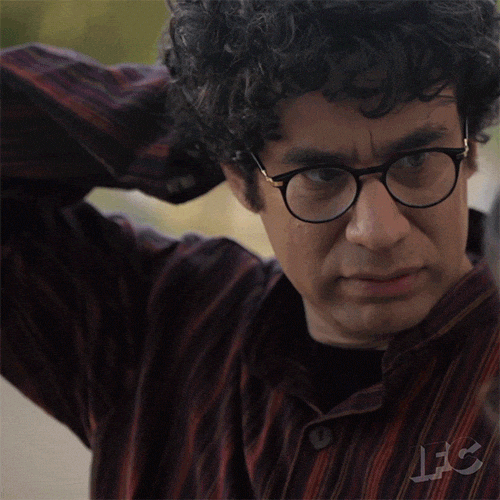The key to making tricky decisions
Plus, how our body influences our morals
BRAIN WAVES
Decisions, Decisions. Ever felt stuck between two difficult choices? Go to art school or become a lawyer. Move away or stay close to family. Philosopher Ruth Chang says part of what makes these choices so hard is that we assume one path is the “right” one and will better than the other. In her TED Talk, Chang explains that hard choices reveal a flaw in our thinking: we assume that the values behind these decisions can be measured like numbers — greater, less, or equal. Chang argues that these choices aren’t about finding the right answer. Instead, we should think about choosing who we want to become. “Far from being sources of agony and dread, hard choices are precious opportunities for us to celebrate what is special about the human condition,” Chang says, “that we have the power to create reasons for ourselves to become the distinctive people that we are.”
Listen to your gut. We like to think that something as important as our morals and values are fixed — not influenced by outside factors but by what’s in our hearts and minds. But a new study flips that idea on its head. It found that being more in tune with your body might affect the way you make hard choices. To test this, researchers presented people with a moral dilemma task, then analyzed their brain activity and tracked their heartbeats. Ultimately, they found a link between body-brain communication and moral choices that aligned with social norms. And it wasn’t just based on peer pressure—people made more “normal” moral choices even when they didn’t know what the norm was. Study author Hackjin Kim put it this way: “Your physical sensations can influence how you decide what’s right or wrong.”
Thanks for the memories. Forgetting something can be deeply frustrating. We tend to think of forgetting as a flaw of the human mind. But is it also a crucial part of remembering? Listen to learn more.
ON THE HIDDEN BRAIN PODCAST
How Much Do We Really Know? You probably know someone who thinks they know more about something than they really do. But you could never be described that way . . . could you? This week, cognitive scientist Phil Fernbach explains the “illusion of knowledge” — the fact that we think we understand the world in much greater detail than we actually do. He’ll explore why this happens, and how to close the gap between what we know and what we think we know
ON THE MY UNSUNG HERO PODCAST
Tulika Prasad’s Story: In 2016, Tulika was at the grocery store with her seven-year-old son, Vedant, who is non-verbal and autistic. When Vedant began to cry and pull her hair, a stranger helped Tulika in just the right way.
Don’t forget to send us the story of your unsung hero! Record a voice memo on your phone and email it to myunsunghero@hiddenbrain.org.
Revisionist History Faces Off
Since you love Hidden Brain, we wanted to let you know about another podcast that’s back for another season. Revisionist History’s Malcolm Gladwell struggles with recognizing faces (a condition known as prosopagnosia), while his producer Lucie is a board-certified super recognizer. How is this so effortless for some and seemingly impossible for others? What’s really going on in our brains when we see someone we know? Listen to Revisionist History to find out.
MIND GAMES
What common English verb becomes its own past tense by rearranging its letters?
LAST WEEK’S PUZZLE
Three men are lined up behind each other. The tallest is in the back – he can see the heads of the two men in front of him. The middle man can see the one man in front of him. The man in front can’t see anyone. All men are blindfolded and hats are placed on their heads, picked from three black hats and two white hats. The extra two hats are hidden and the blindfolds are removed. The tallest man is asked if he knows what color hat he’s wearing; he doesn’t. The middle man is asked if he knows; he doesn’t. But the man in front, who can’t see anyone, says he knows. How does he know, and what color hat is he wearing?
The answer: Black. The man in front knew he was wearing a black hat because he knew the first man did not see two white hats and he knew that the second man did not see one white hat because if he saw a white hat, the second man would have known that his hat was black from hearing the first man's statement. (source)
A MOMENT OF JOY
Moms don’t have favorites. Right?
Have an idea for Hidden Brain? A story you want to share with us? Send an email to ideas@hiddenbrain.org. Listen to us on Spotify, Apple, Amazon Music or your favorite podcast platform.



